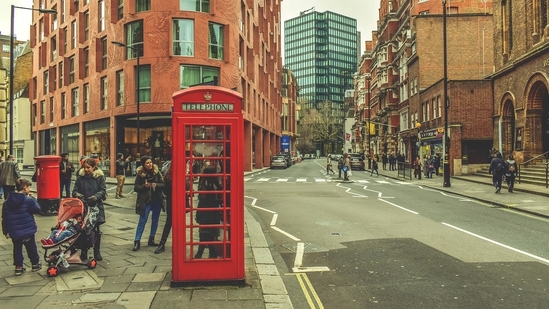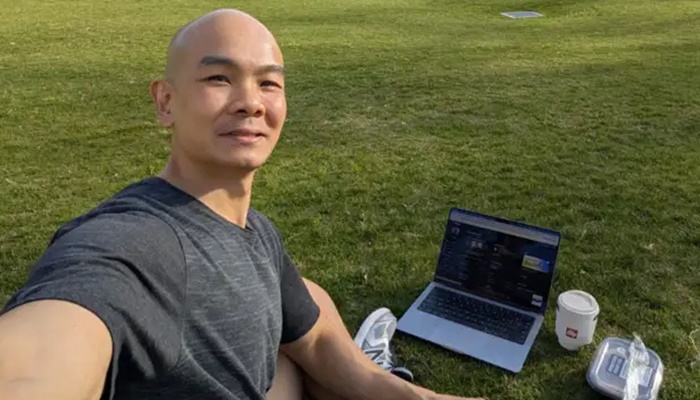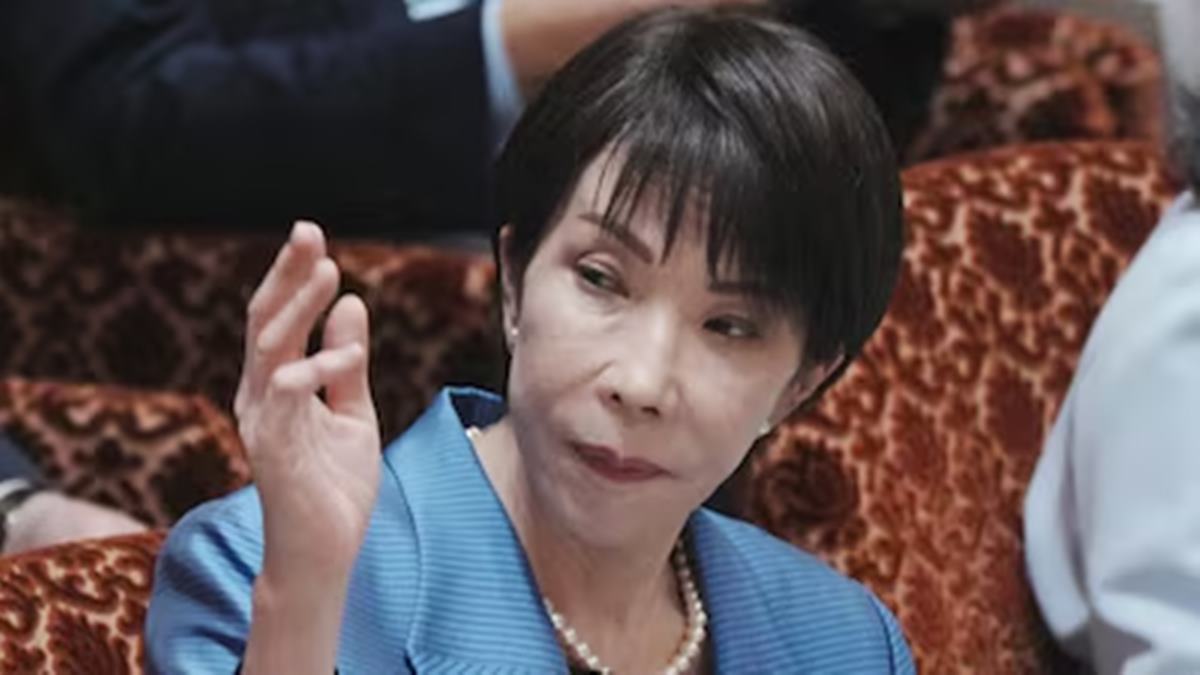For decades, the remarkable rise of South Korea was fuelled by a near-sacred work ethic of long hours, fierce competition and an education system that never rested. Today, that ethos is being quietly but unmistakably rewritten. Now, a growing number of young South Koreans are stepping away from the grind. It is being called ‘geunyang swim’, which roughly translates to “just rested.”
It refers to those who are neither studying nor seeking employment. They are not rebelling on the streets or protesting online. Instead, their resistance is quieter with a collective pause from a system that, they say, no longer works for them.
The numbers tell the story. According to a report by the South China Morning Post, a 2021 Statistics Korea survey showed that nearly half of South Koreans doubted their chances of moving up the social ladder. By July 2025, more than 420,000 people in their twenties described themselves as “just resting”, up almost 60 per cent from ten years earlier.
Rise of the ‘just resting’ generation
For many, it’s not idleness but strategy. They are stepping back from a system that demands perfection from childhood yet delivers few guarantees. The country’s famed education machine still pushes students through endless exams and schools, but its economic engine is no longer promising them a clear reward, South China Morning Post said.
As a result, many young Koreans are embracing honjok, or solo living. It is a patchwork of part-time work, freelance gigs, and periods of rest rather than chasing a single career path.
Degrees without direction
So, what is causing this retreat in South Korean youth? Labour experts point to structural limits and change in attitude towards what was once thought important in life. The younger generation prefers freedom and flexibility whereas their parents strived for stability and income, South China Morning Post said citing a labour and employment expert. Today’s youth see less point in chasing both in a system that rarely delivers either.
South Korea now has one of the world’s highest college enrolment rates, with over three-quarters of its population having attended or still attending university (as of 2023), the highest figure among the 38 OECD countries. Yet, a degree no longer guarantees a career, the report said. That same year, more than half of unemployed young people were graduates. Paradoxically, three in ten small and medium-sized businesses said they could not find enough workers.
This mismatch is reflective of an economy producing too many white-collar aspirants for too few white-collar roles.
State response to a social pause
The rising ‘just rested’ South Korean youth has driven the government to swing into action. It is recognising the “just resting” group as a distinct category. Earlier this year, the labour ministry launched a new platform to help those at risk of long-term detachment from work. It also announced plans to expand unemployment benefits and make them available to first-time job changers, acknowledging that early career breaks are becoming the norm rather than the exception.
China’s story: from ‘lying flat’ to ‘letting it rot’
Across the Yellow Sea, China faces a strikingly similar mood. The phrase “lying flat” (tang ping) went viral in 2021, after a social media post described it as an honourable way to escape a cycle of endless work, high housing prices, and limited mobility.
It resonated with millions trapped in the “9-9-6” work culture: 9am to 9pm, six days a week that came to define urban China’s rise.
China’s economic slowdown in recent years has only deepened the feeling. Growth has slipped from 14.3 per cent in 1992 to 5 per cent in 2023, while youth unemployment has hit its highest level since the way it was measured was revised last year.
Over time, tang ping has morphed into bai lan, meaning “let it rot”, a more resigned version of defiance, writes a South China Morning Post article.
A quiet rebellion against work?
Beijing has rolled out subsidies and welfare incentives to coax the young back to work, while state media has criticised tang ping as an affront to the work ethic that fuelled the country’s rise. Yet, the idea of slipping into humour, memes, and irony online persists.
Together, South Korea’s “just resting” youth and China’s “lying flat” generation reveal a shared exhaustion at the heart of Asia’s high-pressure economies. Behind the slogans lies a generation that isn’t rebelling loudly but is simply opting out, quietly rewriting what ambition looks like in the 21st century.




















